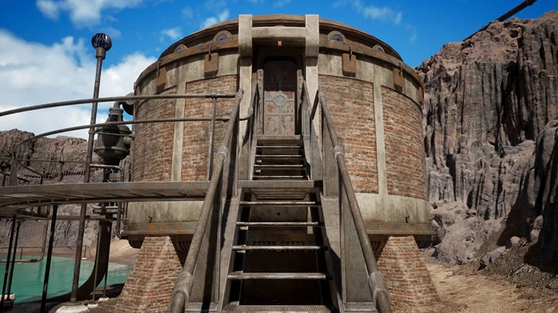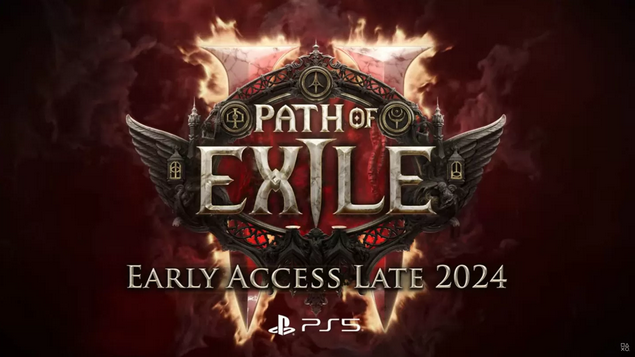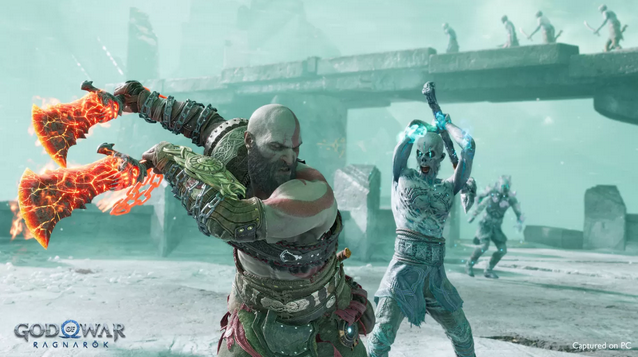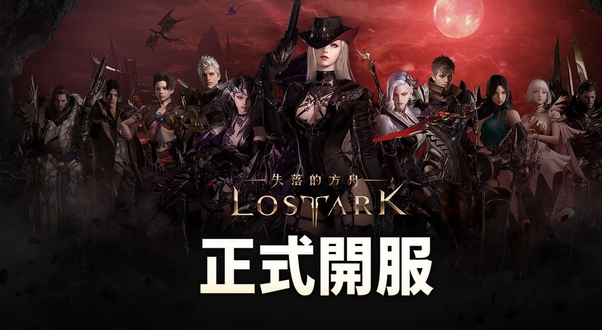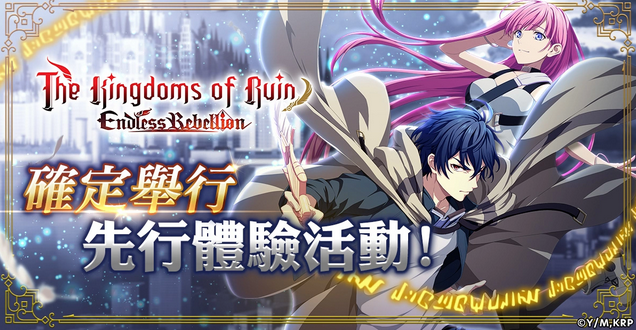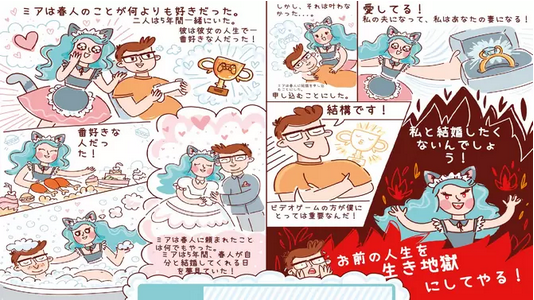Character Evaluation and Rating Guide in Wuthering Waves
Introduction
In "Wuthering Waves," combat relies heavily on skill utilization. Each character boasts unique playstyles, learning curves, special techniques, and combos. Moreover, the synergy between character compositions plays a pivotal role during battles. Only when both aspects are optimized to their fullest extent can characters unleash their maximum potential.
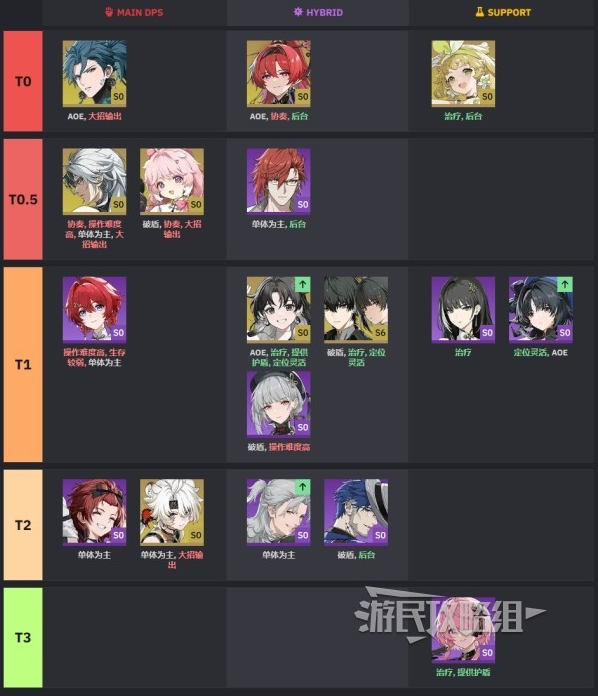
Rating Explanation
About Ratings
This article assesses characters based on their combat potential in the Abyss Tower (referred to as the Abyss below). However, the Abyss isn't the sole hardcore stage in the game; there's also the challenging Holographic Strategy dungeons. These dungeons demand higher player skill, offer one-time rewards, require a single unit for combat, and restrict specific character sets. For these reasons, this article leans towards rating characters based on the Abyss. If additional modes or rewards are introduced post-beta testing, this article will update ratings or add more rating criteria accordingly.
Additionally, "Wuthering Waves" boasts numerous combat techniques, some of which might be challenging to execute but significantly enhance certain characters' capabilities. For instance, the synergy effect allows characters to accumulate synergy points by dealing damage or utilizing unique abilities, triggering corresponding effects upon reaching full synergy points. Although not suitable for everyone, ratings consider each character's maximum potential and optimal team compositions. However, the article focuses solely on basic and frequently used techniques, excluding more challenging-to-trigger or use skills or techniques.
Rating Criteria
Assuming all characters are in the most suitable three-person team, using the most applicable voice resonance sets and optimal resonance efficiency, equipped with correct primary attributes, highest level, and quality. The secondary attributes of voice resonances are averaged at five, with all 12 specified secondary attributes designated as expected secondary attributes, while the remaining 13 are random secondary attributes, meaning they are not perfect voice resonances.
Unless specified otherwise, all characters' resonance chains default to 0. For example, the starting resonance chain for Roaming Performer - Diffraction is 6. The resonance chain level for 4-star character ratings will increase post-beta testing.
Default weapon refinement levels for all characters in ratings are as follows: S1 for 4-star/5-star weapons and S5 for 2-star/3-star weapons, selecting the most suitable weapon.
All character levels default to the highest level, and skills and weapons are also at the highest level.
About Positioning
Characters with the same role will be compared together; for example, main damage dealer characters will be compared with other primary damage dealers (referred to as Main DPS below), and ratings will be adjusted based on their performance. Characters with different roles will not be evaluated, as their ratings hold different meanings.
Roles
Main DPS:
Main DPS ratings focus on whether they can serve as the sole damage dealer in the team, often occupying the frontline. Other team members will enhance the Main DPS's damage output or assist in dealing higher damage.
Factors influencing Main DPS ratings include looping difficulty and tolerance, damage potential in the most applicable team composition, flexibility in combat operations, survival ability (evasion capability and vulnerability to being eliminated), and ability to withstand all damage types (boss encounters, AOE attacks, resilience to interruptions, with a heavier emphasis on boss encounters).
Hybrid Characters:
Hybrid characters can provide support to Main DPS, typically offering practical synergy effects and damage buffs. They usually complete their cycles before the Main DPS executes all damage combos. Hybrid characters offer diverse combinations, various playstyles, and abilities, prioritizing synergy effects and resonance energy to provide a wider array or more potent buffs, maximizing the Main DPS's time on stage.
Factors influencing Hybrid character ratings include looping difficulty and tolerance, performance in the most applicable team composition, team versatility, impact on team performance, flexibility in combat operations and survival ability, effective damage contribution after gaining benefits, and time spent on stage to complete the cycle.
Support Characters:
Support characters must provide buffs to the team without conflicting with most Hybrid characters, as Hybrid characters only provide buffs to the next character to enter the stage. Support characters aim to offer maximum benefits, defense, or healing effects swiftly to enhance the Main DPS's damage output while fulfilling the Hybrid character's role.
Factors influencing Support character ratings include looping difficulty and tolerance, performance in the most applicable team composition, team versatility, impact on team performance, flexibility in combat operations and survival ability, effective damage contribution after gaining benefits, and time spent on stage to complete the cycle.



